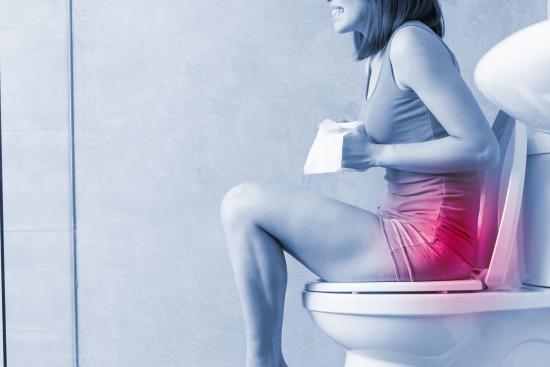Living with fecal incontinence can be frustrating and isolating, affecting everyday activities and self-confidence. What many don't realize is that this condition is treatable, and effective solutions exist to help regain control. In Turkey, we offer advanced, minimally invasive treatments designed to address the root causes, relieve symptoms, and help patients restore both comfort and independence in their daily lives.
Fecal incontinence treatment prices in Turkey with Turquie Santé
Turquie Santé offers a range of effective treatments for fecal incontinence at competitive prices. Costs vary depending on the type and complexity of the treatment:
- Non-surgical treatments: Consultations, therapy, and medications – affordable.
- Surgical treatments: Sphincter repair or corrective procedures – typically $2,000 to $5,000, including care and follow-up.
Get your personalized treatment plan and price estimate by booking a free online consultation today.







